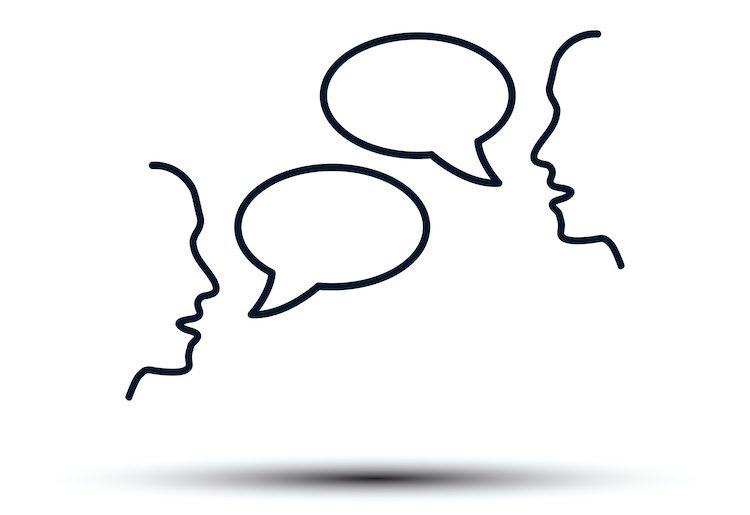Executive coaching, at its core, is the study of conflict resolution. That is, coaching employs skills necessary in listening extremely well to a client, deeply understanding the client, and working to get the client to a healthy and desired outcome. Here are the five tactics coaches use that can be used to resolve conflict.
1. Understand your own stake in the conflict.
A coach has one primary goal above all others when entering into a session — understand the client. Imagine how that might change the way a coach interacts with a client. The coach is not trying to win an argument, not trying to push their own perspective, and certainly not trying to convince a client of something. The coach is working to understand where the client is coming from, why they feel the way they do, and what outcome the client hopes to achieve. Most people, however, enter into a conversation — particularly a conflict — with a clear goal of protecting themselves. Or, worse, winning. When possible, work to make the main goal of a difficult conversation be understanding the other person. It will defuse the emotion, calm the anxiety and open the dialogue.
2. Agree to the agenda.
Coaches are trained to seek out what a client wants to accomplish in a single session or during the course of a year-long contract. A strong coach will always earn the right to talk about a topic with a client by verifying the client is willing and ready to discuss it.
Imagine an employee (Mark) walking into the office of his colleague (David) and saying, “You made me really mad yesterday.” Caught off guard, David will likely become defensive and angry. But imagine if, instead, Mark walked into David’s office and said, “I’d really like to talk about what happened in yesterday’s meeting. Would you be willing to talk that through with me?” Agreeing to the agenda creates a level playing field, giving both parties an equal chance of being heard and, more important, understood.
3. Stay curious.
Coaches are effective with clients because they stay curious — which is to say, they don’t attach meaning to anything the client says. A coach’s ability to stay curious — and not attach meaning — allows a client to explore their feelings and options without being judged.
Curiosity is key in conflict. Let’s say an employee (Mary) comes to her boss (Dan) expressing concern about her workload. If Dan were to attach meaning, he might react with: “Well I don’t know what else to do for you, Mary, it’s our busy season!” Dan has attached meaning by suggesting 1) Mary blames Dan for her stress, 2) Mary wants Dan to fix her problem and 3) Mary is somehow unaware it’s their busy season. However, if Dan didn’t make meaning of Mary’s concern, he might say: “Tell me about your concerns.” From there, Dan may discover Mary just wants to vent, or she may present something Dan was unaware of, or even have a specific request that would ease her stress. The point is, when meaning isn’t made for others in a conflict, true understanding can happen.
4. Ask stronger questions.
Albert Einstein famously said, “If I had an hour to solve a problem and my life depended on the solution, I would spend the first 55 minutes determining the proper question to ask … for once I know the proper question, I could solve the problem in less than five minutes.”
Coaches know that answers matter very little compared with questions. In a conflict, the answers — or the why — matter less than it seems. Imagine asking someone in the middle of a conflict, “Why did you do that?!” Now imagine instead saying, “Can you tell me what data you were working with to make that decision?” Taking a moment to phrase a stronger question will lead to a stronger answer. One quick tip here — work to start questions with who, what, when, where and how. This will ensure your questions remain open-ended and more exploratory.
5. Listen well.
Finally, listening well is the cornerstone of coaching and conflict resolution. Three guidelines can help strengthen listening skills. The first is to have listening presence. This means giving the other person your time and energy by closing the door, silencing your phone and facing them while using eye contact. The second is to listen for more than just words. Watch for body language, emotion and — perhaps most important — what causes silence. And third, listen to understand and not to respond. If a person is constantly thinking about what they are going to say next, they cannot truly listen to another person.












